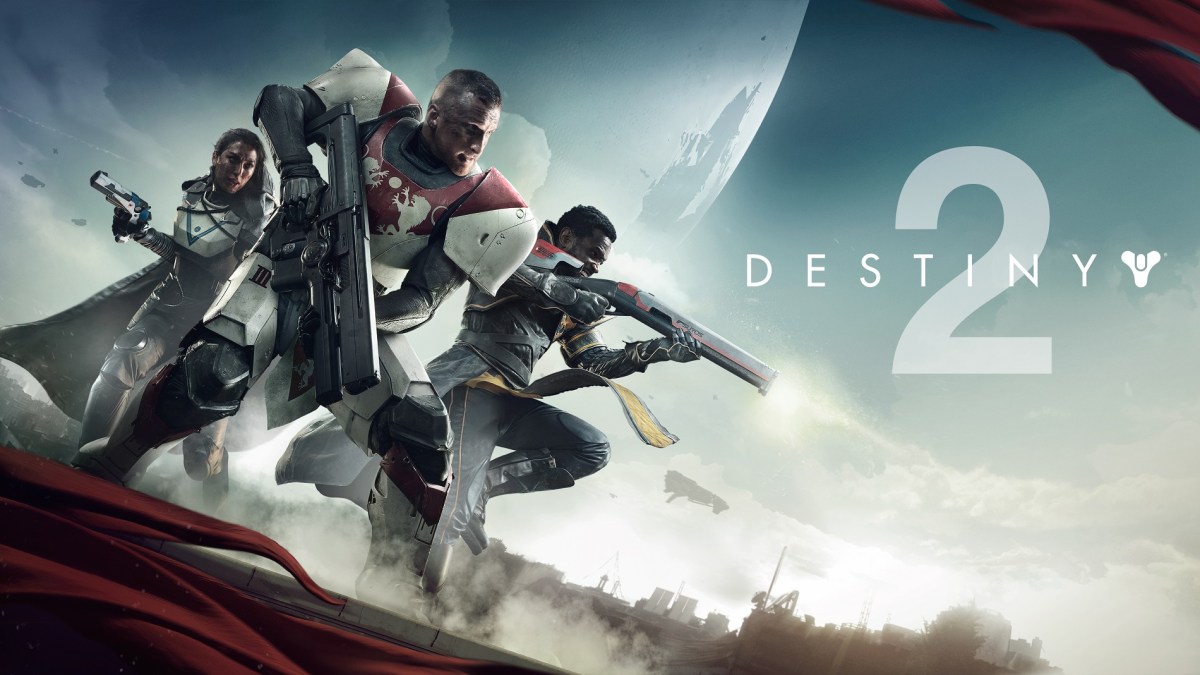The world of video games has faced plenty of growing pains, but none may be more contentious for players than new business models enabled by the internet. With players able to download additional content for games, developers are more than happy to supply it, for a price. That comes with a tricky balance in convincing consumers that they’re getting a fair deal—one newly-released Destiny 2 seems to have botched.
The issue in this case comes down to “shader” items, which allowed players in the original Destiny to change the color of their armor and items to suit their personal tastes. The change applied across an entire set of equipment and could be used infinitely, while shaders in Destiny 2 are single-use items that are applied to individual items, allowing for more customization. While shaders are attainable through regular gameplay, they’re also available for purchase with real-world money, and the idea of the game profiteering off of basic character customization has put some players off.
Complaints have popped up across the games subreddit, with the most popular thread going so far as to call for a boycott of all in-game purchases until Destiny developer Bungie restores the shaders to infinite-use items. Others noted that, comparatively, the shader issue is a small one in a game that’s overall enjoyable and a considerable improvement on its predecessor, but it does bring to mind the constantly pressing question of just what a game developer owes to players for their purchase price.
Plenty of games offer downloadable content and/or in-game items available primarily through real-world purchases, and there’s been considerable strife, in various instances, over whether that content was completed during a given game’s development and whether it should be included for the purchase price. In some cases, it’s been discovered that “downloadable content” was actually present on a game’s retail disc, yet required an extra purchase for players to access. It all seems like an obviously horrible mess, but if you told a gamer in the 90s that, for an extra dollar or two, they could buy new characters or levels for their favorite games, they’d probably be thrilled, and that’s why it’s such a tough issue to crack.
It is great that games can now add new things over time, but it’s no easy task to make players feel like they’re getting their money’s worth when they have no idea what the realities of development are, or the cost of maintaining a particular online game, or any other business factor involved. When giving consumers that feeling is what it comes down to, it’s a bit of trial and error, and the only real answer for most game companies comes in the form of whether players end up paying the price.
In this case, the game’s director has already addressed the criticism on Twitter, explaining that the development team expects players to pick up shaders fairly readily through the normal gameplay methods. We’ll have to see, as players progress through the game, whether they’re still feeling unfairly pressured into paying extra, and Bungie will certainly be watching to see who’s willing to put down some cash for additional customization.
(via The Verge, image: Bungie/Activision)
Want more stories like this? Become a subscriber and support the site!
—The Mary Sue has a strict comment policy that forbids, but is not limited to, personal insults toward anyone, hate speech, and trolling.—









Published: Sep 8, 2017 10:35 am